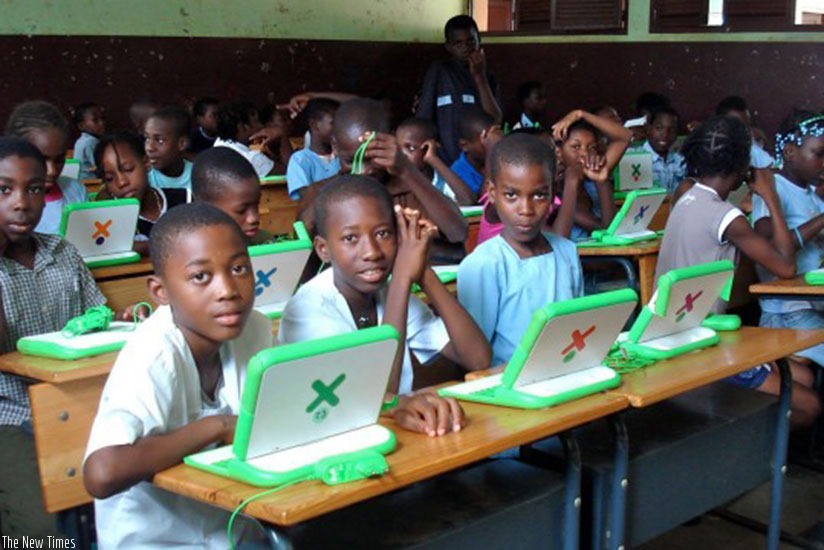In Rwanda, schools are increasingly using technology to improve how students learn. From major cities to remote villages, teachers and students are adopting digital tools in their daily lessons. This nationwide effort is part of Rwanda’s broader vision to become a knowledge-based economy.
Many schools now feature teachers using computers, projectors, and internet connections. This allows for more engaging lessons with visuals and videos, helping students grasp difficult subjects more easily. In other schools, students are learning with tablets and using online platforms, including e-learning websites and mobile apps. These tools offer interactive content, making learning feel more dynamic and enjoyable.
This shift has been driven by a strong push from the Ministry of Education, which introduced programs to support digital learning. The main goal is to make education easier, faster, and more engaging for all Rwandan students, especially those in rural areas who might traditionally have limited access to resources.
For example, the Rwanda Basic Education Board (REB), with support from partners like the World Bank, launched an edutainment learning program in 2019. This program provides audiovisual lessons focusing on literacy, numeracy, science, and social-emotional skills, accessible online, via local radio and TV, and offline through flash drives. Over 30,000 teachers have received training in digital literacy to use these new resources effectively.
Teachers and students have shared positive experiences. A teacher in Kigali noted, “Technology helps me explain difficult topics in a simple way. I can show pictures and videos that make my lessons more interesting.” A student in the Eastern Province added, “I like using the tablet because it feels fun like a game, but I am learning a lot!” Such feedback highlights how digital tools are making education more interactive and stimulating.
Despite this progress, not all schools have equal access to these digital tools. Some rural schools still face challenges such as unreliable electricity or weak internet connections, making it difficult to use computers or access online resources.
According to a December 2024 report by IGIHE, while over 80% of Rwandan schools have electricity, about 500 schools in remote areas still lack consistent power. Regarding internet access, approximately 62% of schools were connected by late 2024, with a government target to reach 80% by 2025. Initiatives like the “School Connectivity Program,” launched in 2023, aim to connect all primary and secondary schools to high-speed internet, including using Starlink satellite services for remote areas.
To address these disparities, the Rwandan government is working with private companies and international partners. Their efforts focus on expanding internet access, ensuring stable electricity, and providing more digital devices to schools nationwide.
The “One Laptop per Child” program, which began in 2007, has already distributed hundreds of thousands of laptops to primary school students, contributing significantly to digital literacy from an early age.

The use of technology in education is continuously expanding in Rwanda. Many believe that in the future, nearly all learning will include some form of digital support. By continuing these initiatives, Rwanda aims to better prepare its students for the demands of the modern, digital world, equipping them with essential skills for future jobs.
